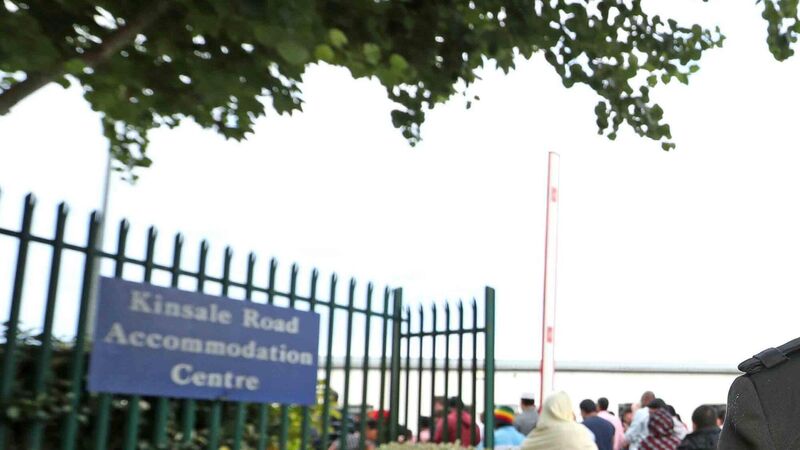State will have to answer for 'institutionalisation' of direct provision

The Kinsale Road direct provision centre. File Picture: Jim Coughlan.
Direct provision is a continuation of institutionalisation in Ireland in the 21st century that the Irish State will one day be held accountable for, according to two university lecturers who have worked closely with people in the system.
Dr Jacqui O’Riordan of the School of Applied Social Studies at University College Cork, and Mike Fitzgibbon, lecturer in international development at UCC, have been working with asylum seekers since the mid-'90s.













